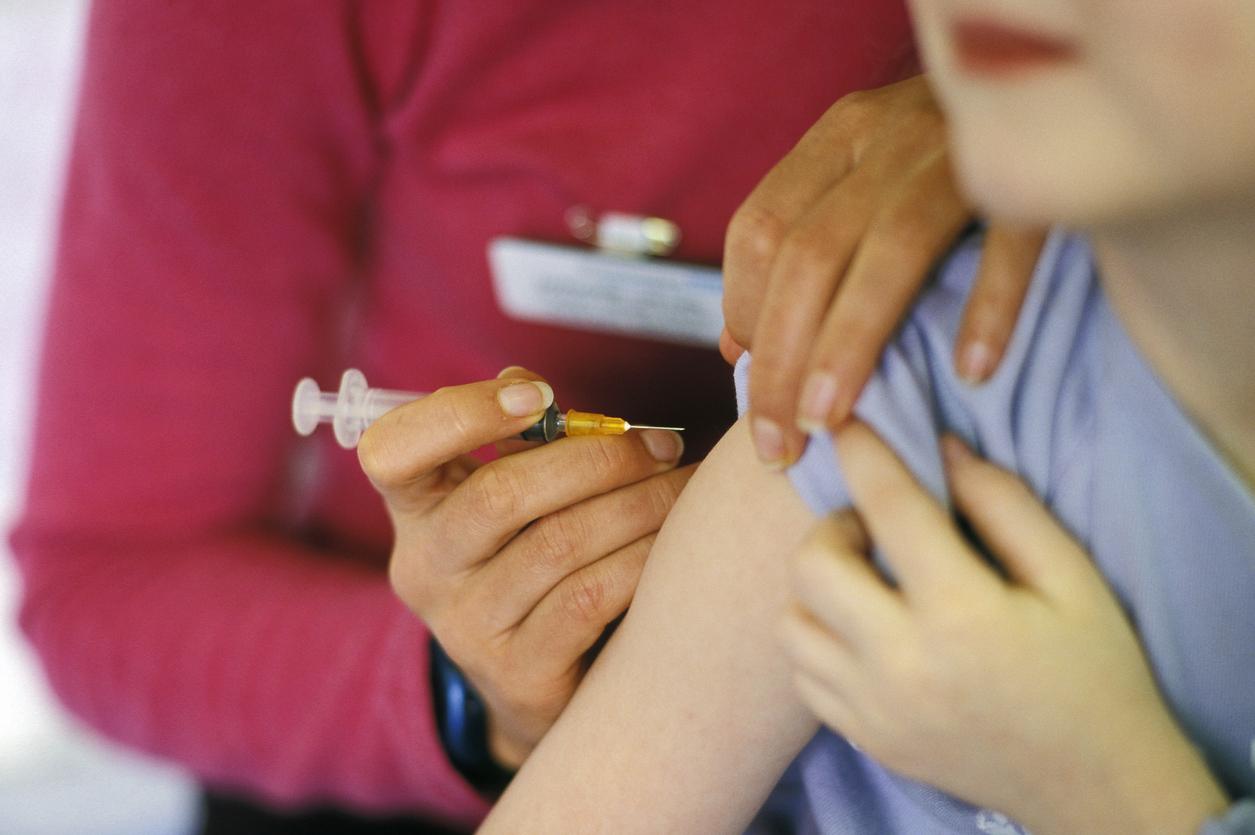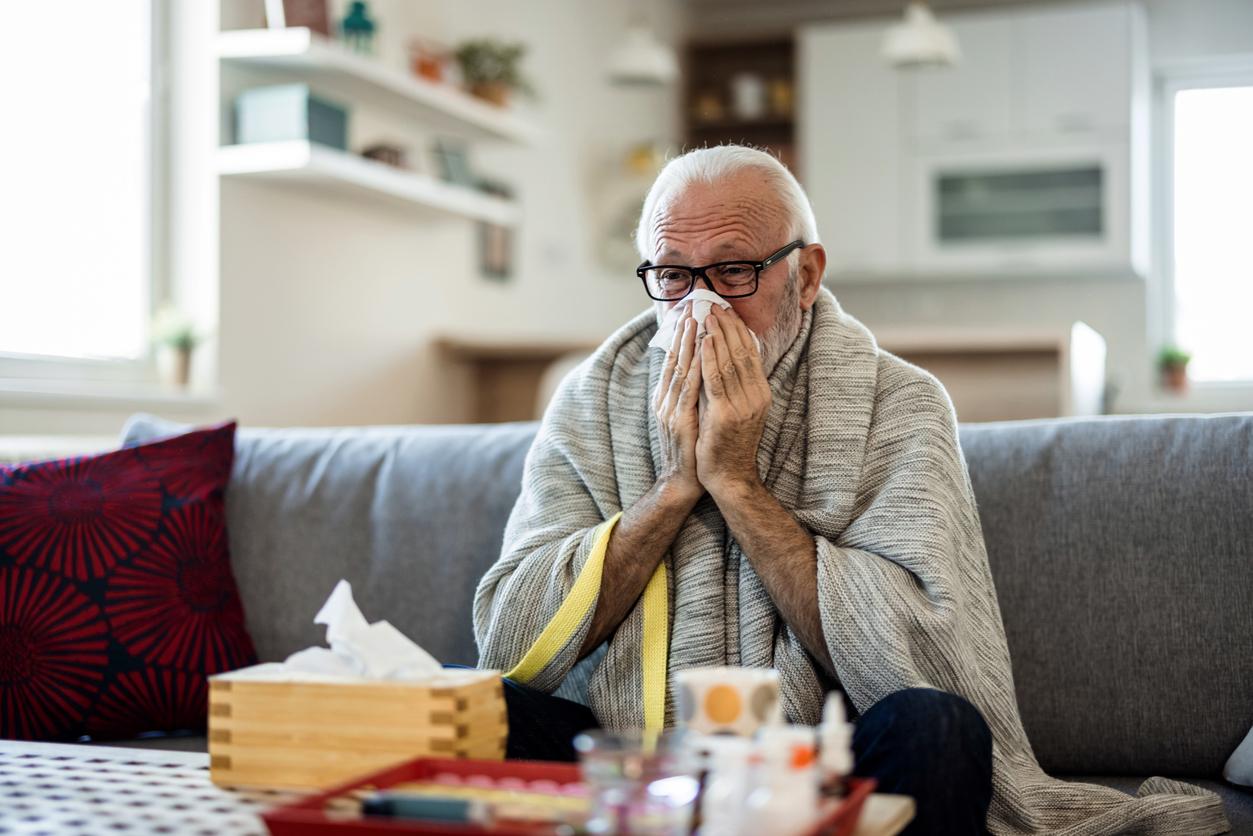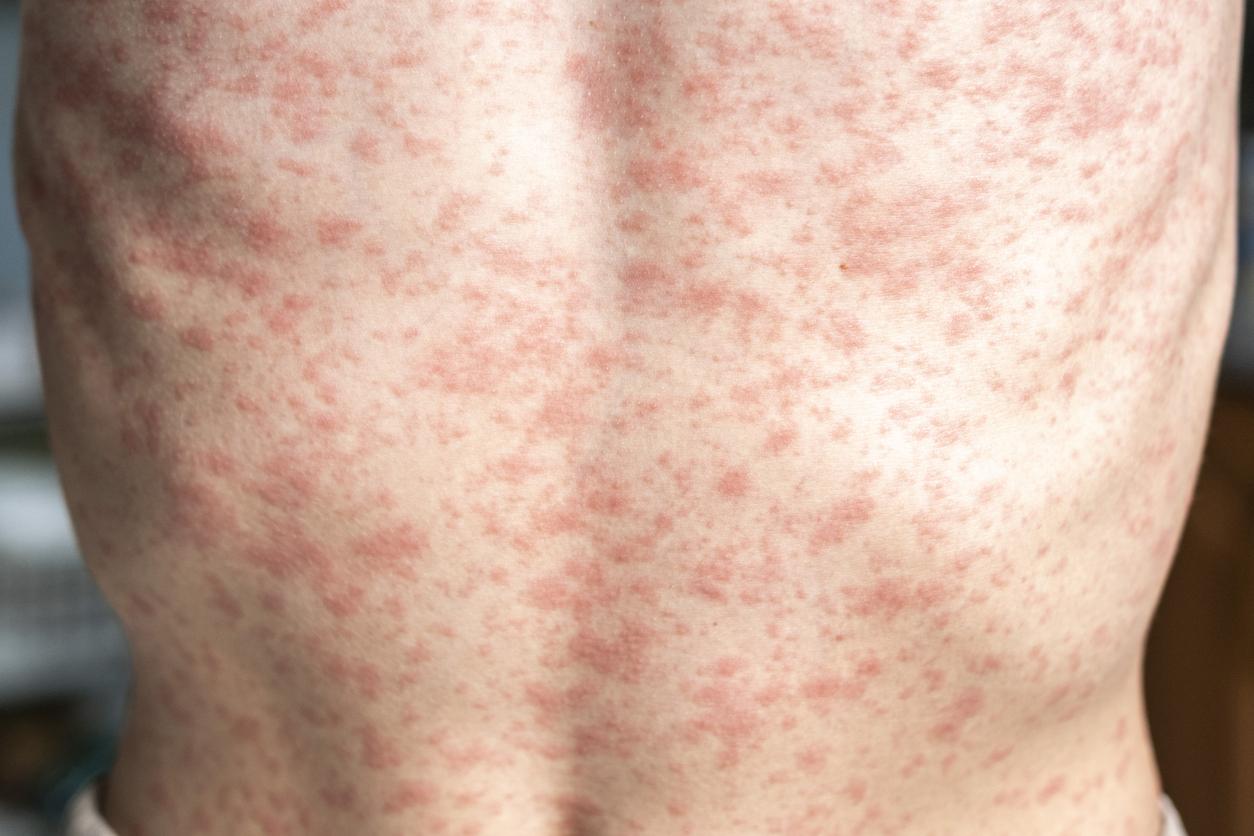In the United States, a 6-year-old boy remained hospitalized for 57 days, including 47 in intensive care, after catching tetanus. He had not been vaccinated by his parents.

It is a banal incident, as can happen to all children, which almost cost the life of this little boy. In an article published on March 9the New York Times tells his story. In 2017, while playing on a farm, this 6-year-old child cut his forehead. A small laceration that doesn’t require stitches and that her parents are treating at home. But 6 days later, his last find that something is wrong: their son has a clenched jaw, he has trouble breathing and suffers from involuntary muscle spasms.
Taken to the Oregon Health & Science University hospital center, he is taken care of by the doctors who find that the little boy has caught tetanus, an infectious disease against which he had not been vaccinated.
“It was difficult to see him suffer”
This diagnosed case is rare. According to New York Timesthis is the first pediatric case documented by the State of Oregon in more than 30 years.
It also turned out to be extremely serious. Tetanus is caused by bacteria Clostridium tetani, which is transmitted through open wounds and produces tetanus toxin. When it spreads through the body, it causes violent spasms and contractures, can attack the immune system and cause paralysis. In some cases, tetanus can be fatal. “Honestly, I never thought I would see this disease in the United States,” explains the Dr. Judith A. Guzman-Cottrill, a pediatric infectious disease specialist at Oregon Health & Science University. “For many of us, it was difficult to watch him suffer.”
On arrival at the hospital, the little boy – whose identity has not been revealed – asked for water but was unable to open his mouth. Doctors gave him treatment, including an initial tetanus vaccine called DTaP, reports an article of The Oregonian. Hospitalized for 57 days, the child spent more than a month on artificial ventilation. He also remained in a darkened room for weeks, where he wore earplugs and was exposed to low stimulation so as not to aggravate his spasms, reports Dr. Guzman-Cottrill. “We had to whisper” so as not to rekindle his pain, says the specialist.
After his stay in the hospital, he still had to spend 17 days in a rehabilitation center. Hospitalization costs amounted to 811,929 dollars, or more than 720,000 euros.
Parents refuse vaccination
When their child was discharged from the hospital, the parents made the surprising decision not to have him vaccinated against tetanus. Yet, unlike other illnesses, there is no immunity when you first catch it. They also refused any other recommended vaccinations. Like many anti-vaccine parents, they have expressed concerns about the vaccine’s side effects, including fears it could cause autism. However, a recent scientific study has confirmed that there is no link between vaccines and the risk of autism.
Asked about this, Dr. Guzman-Cottrill explains: “When you see someone suffering from this disease, you fully understand why we immunize. This should never happen in our country”.
After the vaccine was introduced in the United States in the 1940s, the number of tetanus cases dropped significantly in the country. Today, the disease occurs “almost exclusively” in people who have not been vaccinated or who have been under-vaccinated, find in a weekly report on morbidity and mortality the Centers for Disease Control and Prevention.
In France, vaccination of infants against tetanus is compulsory, with two doses at 2 months and 4 months, and a booster at 11 months. Two boosters are recommended at 6 years old, between 11 and 13 years old, at 25 years old, 45 years old and 65 years old, then every ten years.
.

















